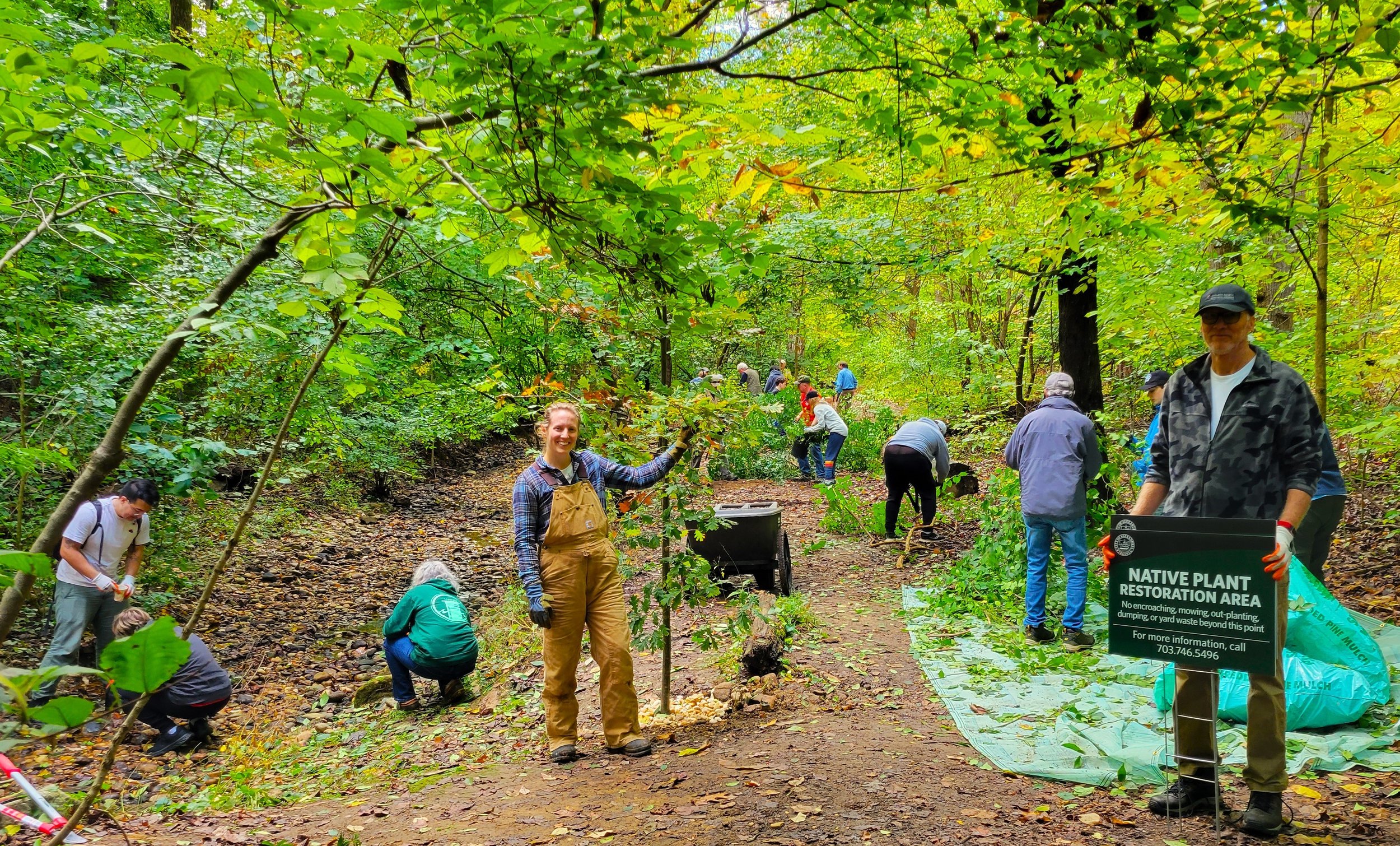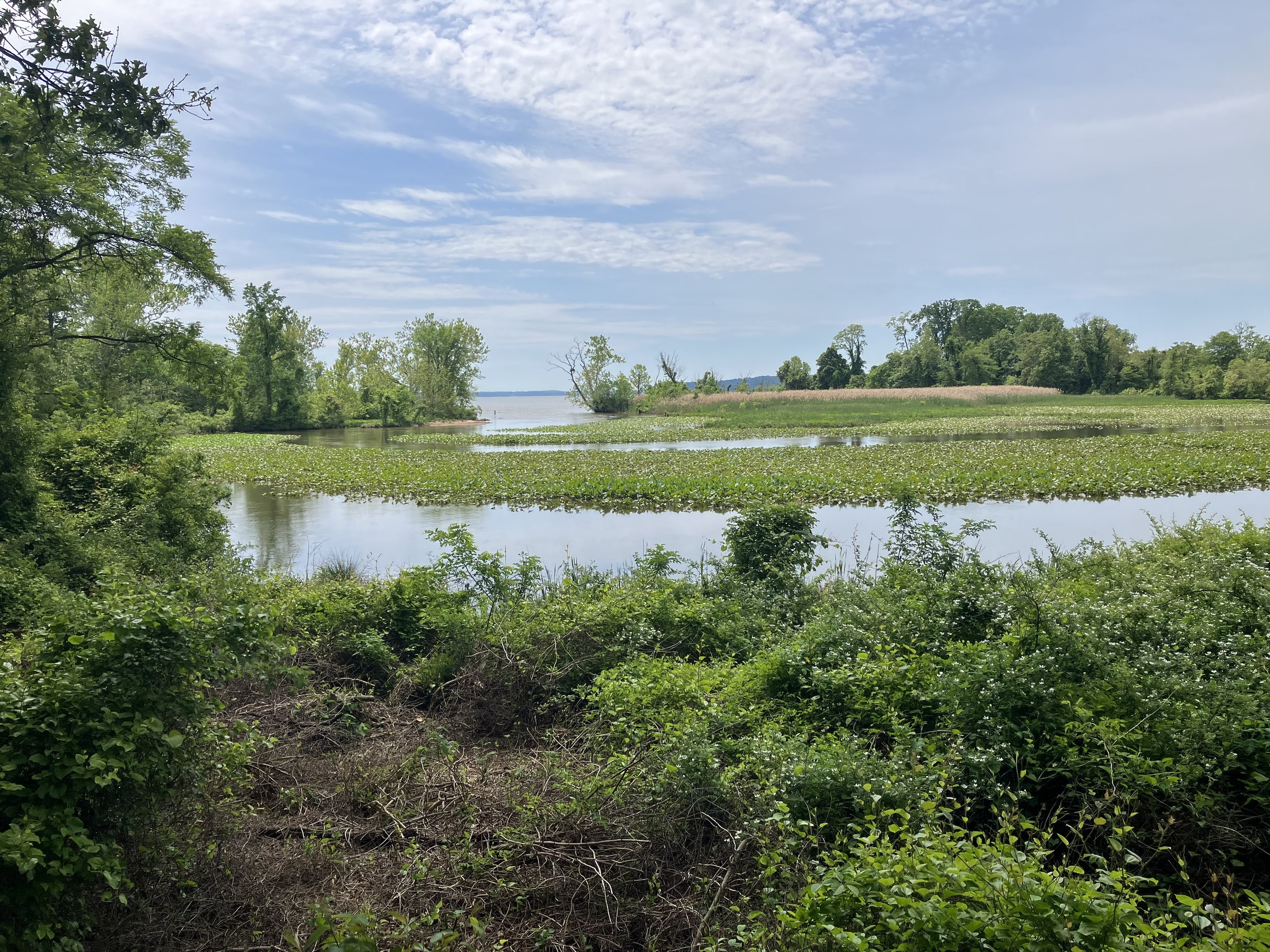Declining bird populations urgently need restored and new habitat to survive.
The greatest cause of decline in bird populations is habitat loss, and an urbanized (and urbanizing) area like northern Virginia is a contributor. But there are steps we can take to help reverse that trend. That is the goal of our Stretch Our Parks program.
Parks are a refuge for people and wildlife, but the land is limited and northern Virginia’s growing population puts pressure on the wildlife habitat in the parks. Development and typical suburban landscaping compound the problem by fragmenting the available high-quality habitat. The purposes of Stretch Our Parks are:
stretching the positive ecological impacts of our parks beyond their borders, into their surrounding neighborhoods
building healthier and greener habitats in, around, and between key parks
stretching the involvement of all northern Virginia communities with their neighborhood parks
In order to accomplish its goals of improving and creating valuable wildlife habitat and decreasing habitat fragmentation, Stretch Our Parks relies on partnerships among NVBA, parks, conservation groups, and neighborhood and community groups. So, Stretch Our Parks is both a conservation and a social initiative, aimed at improving and creating wildlife habitat while building a greater commitment by a broader northern Virginia community in saving wildlife.
Habitat loss and habitat fragmentation are challenges threatening many of our beloved local bird species. The birds (and the insects they rely on) need habitat in both public and private spaces if they are to survive. As Doug Tallamy says, nature starts in your backyard. Join Stretch Our Parks and help us make more of Northern Virginia into a bird-friendly environment.
Target Parks And Our Partners
To get started, we are focusing on three sites, in close collaboration with several partners:
A habitat restoration corridor from Upton Hill Regional Park through Powhatan Springs Skate Park towards Bluemont Park in Arlington
Partners:
Lockwood/Elmwood senior housing complex[JH1]
Other properties, including a church, an elementary school and private homes
We are continuing to build partnerships with other organizations. Volunteer with ASNV or one of our management partners to help. Contact Joan Haffey if you want to get involved!
Four Mile Run Park and Monticello Park in Alexandria
Partners:
We are continuing to build partnerships with other organizations. Contact Libby Lyons if you want to get involved!
Occoquan Bay National Wildlife Refuge in Woodbridge, VA
Partners:
We are continuing to build partnerships with other organizations. Contact Libby Lyons if you want to get involved!
Stretch Our Parks in Pictures
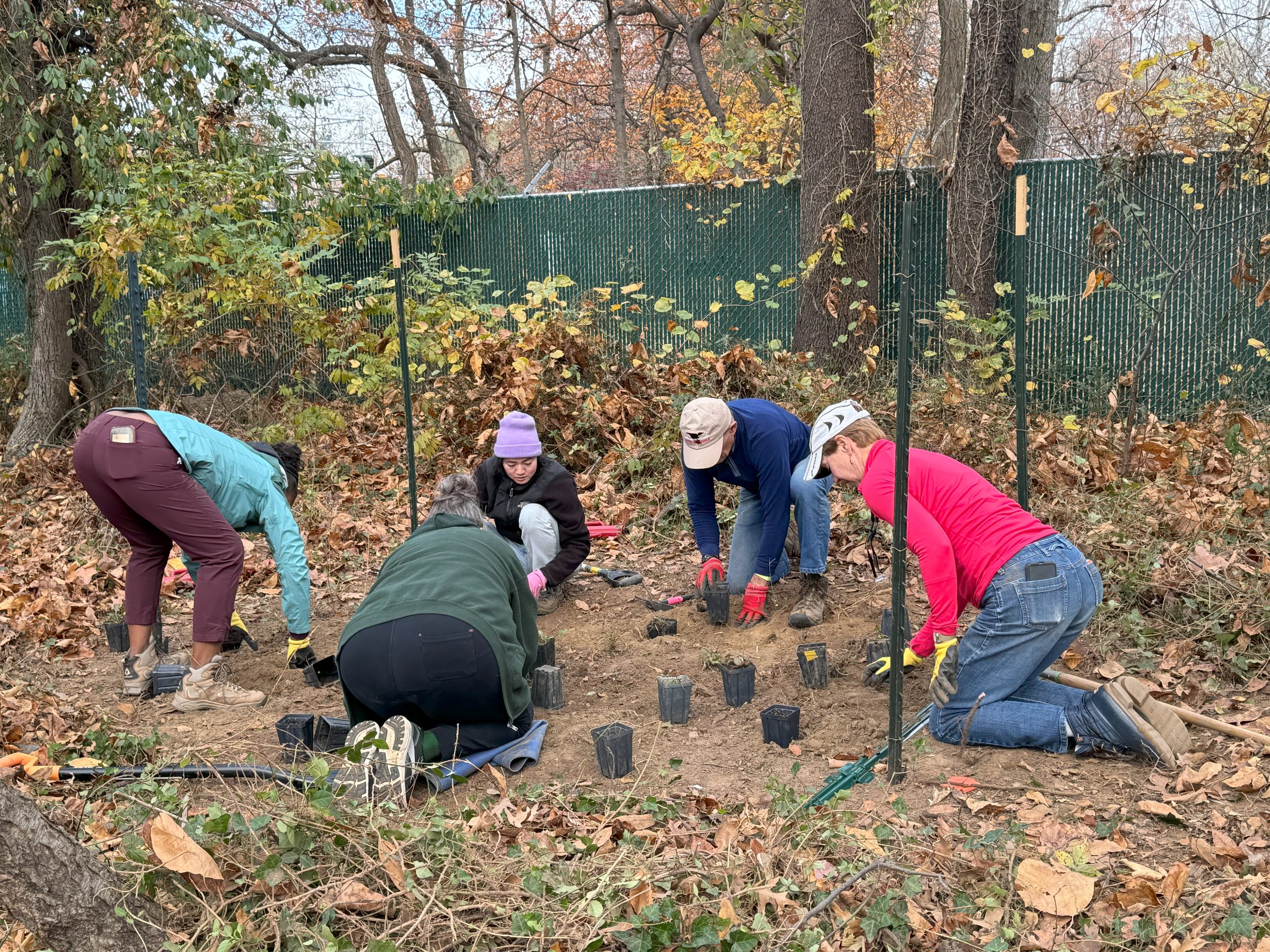
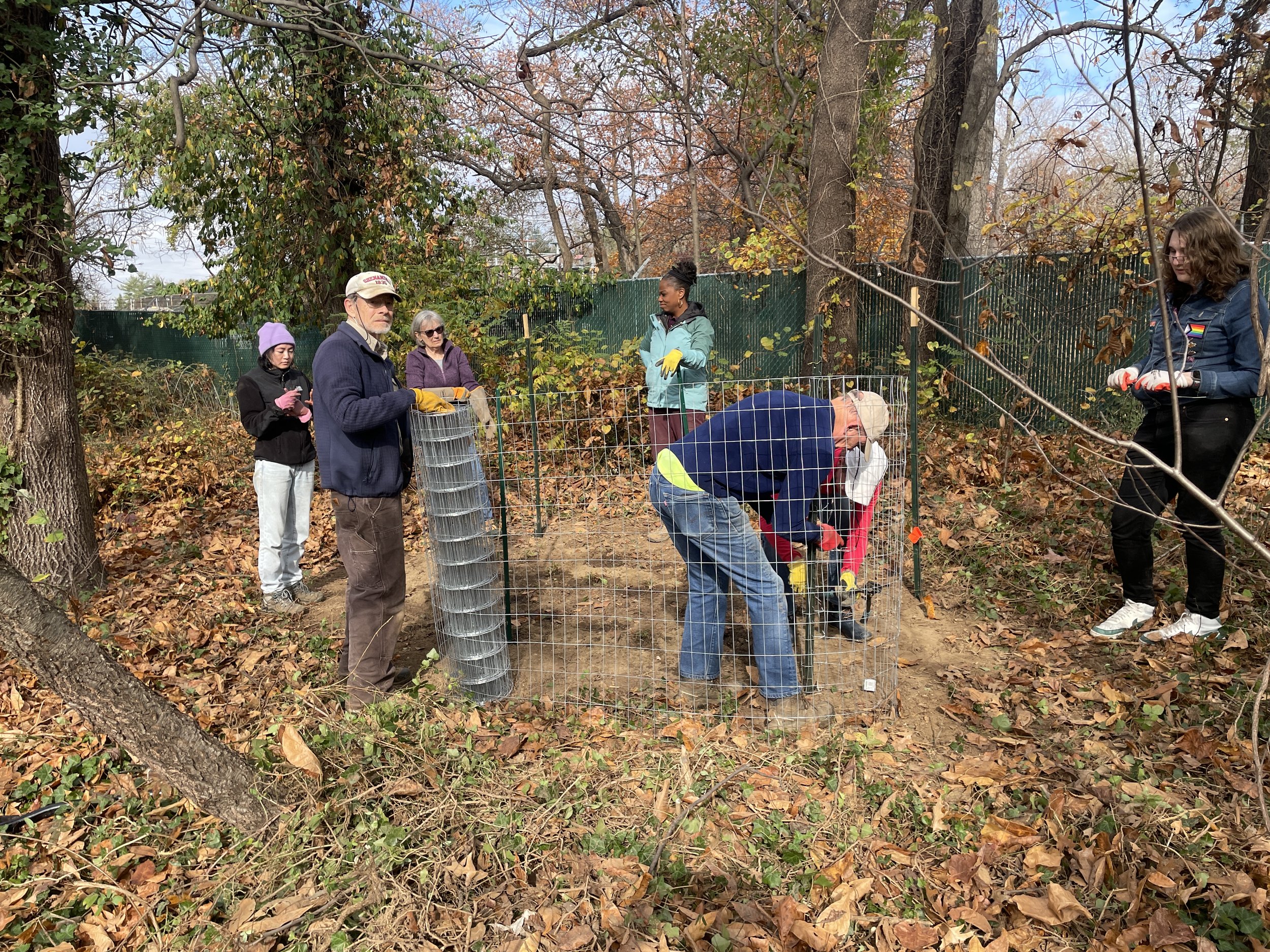
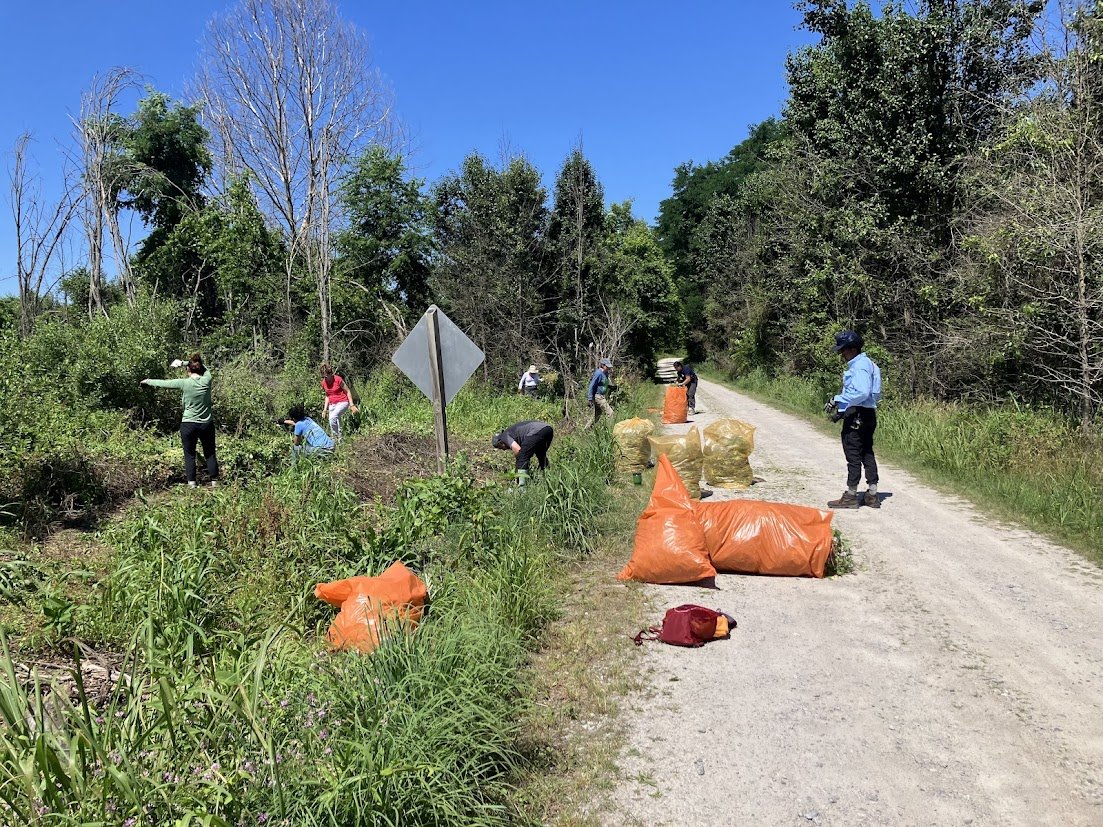
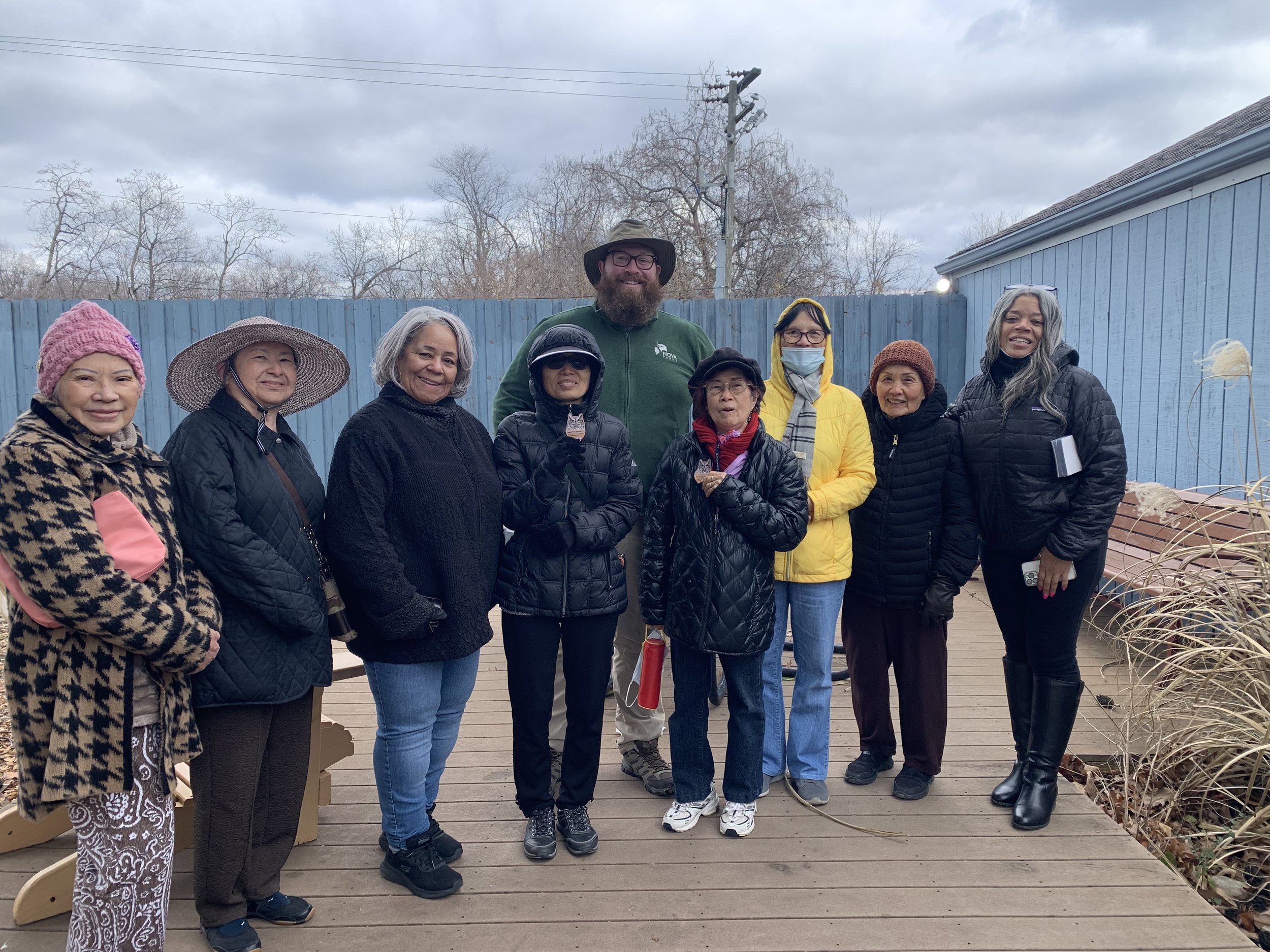
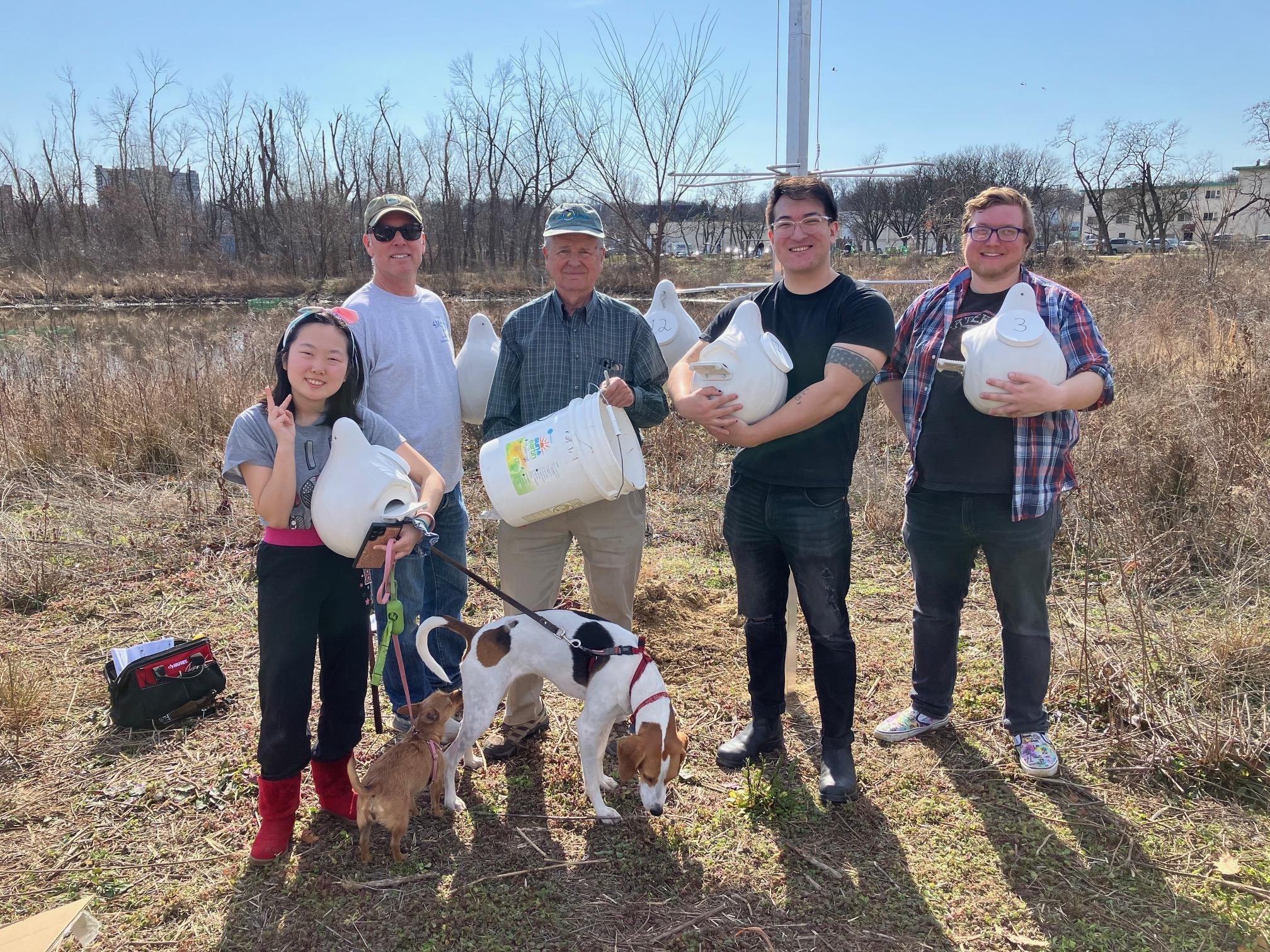
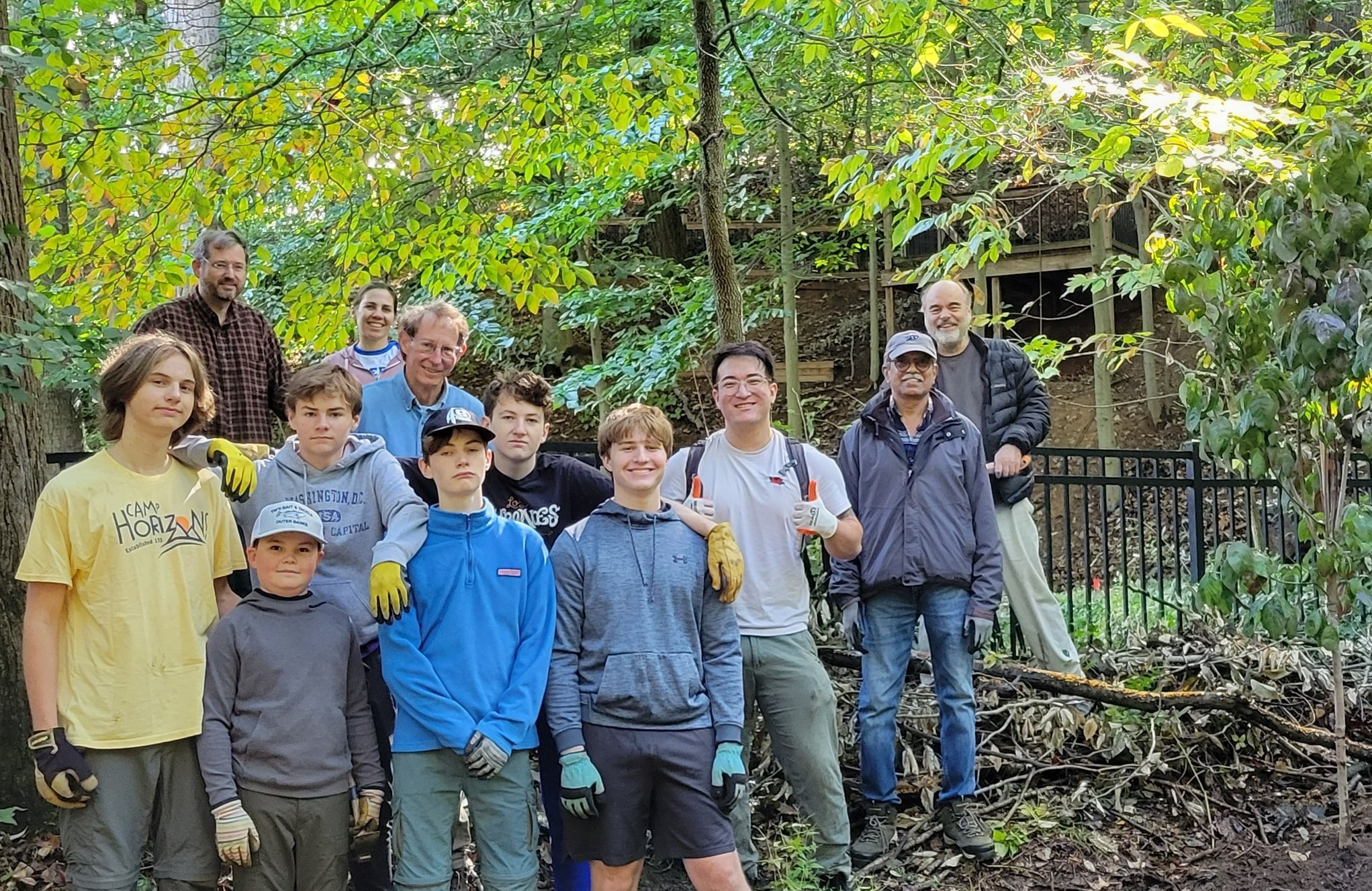
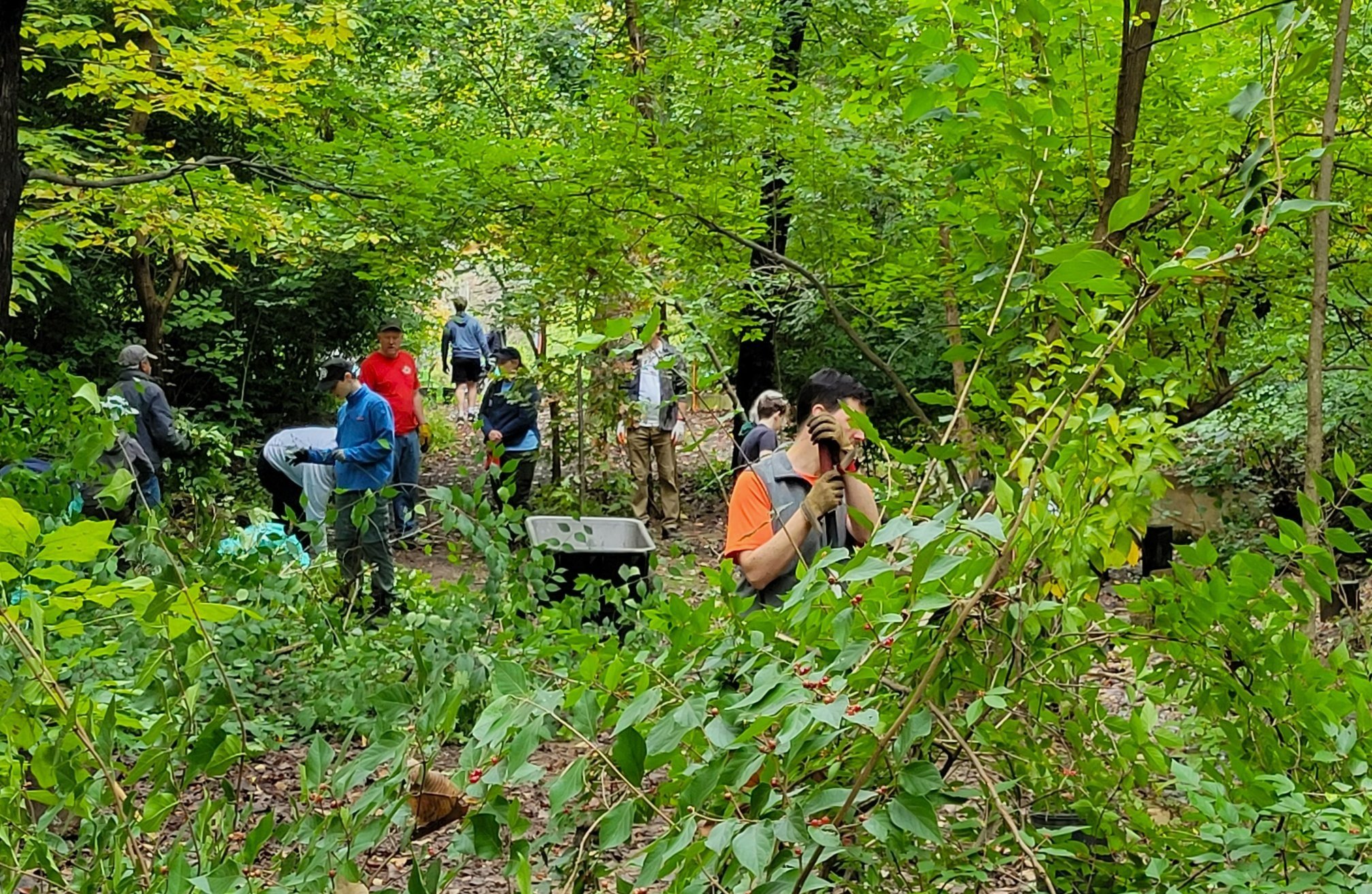
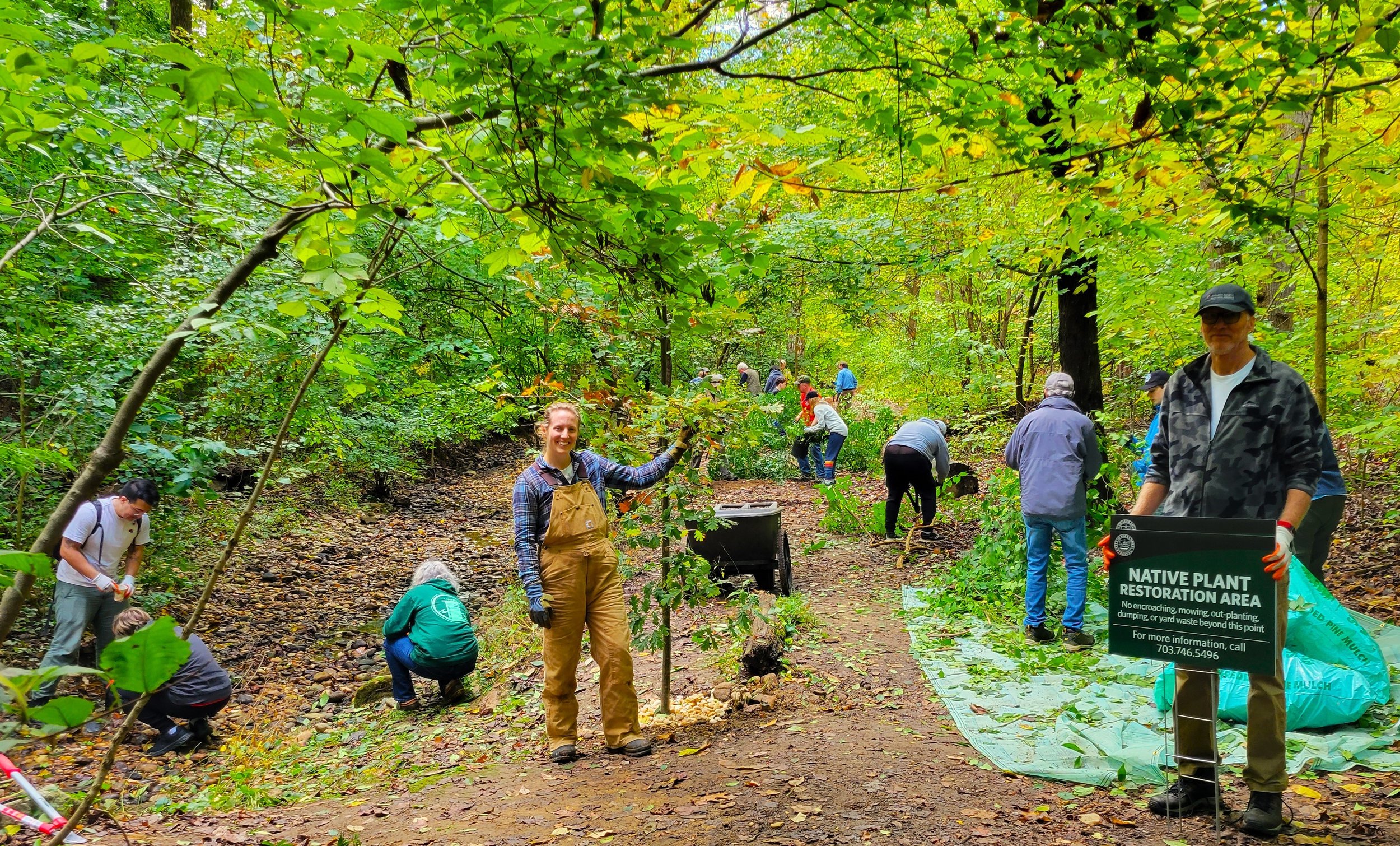
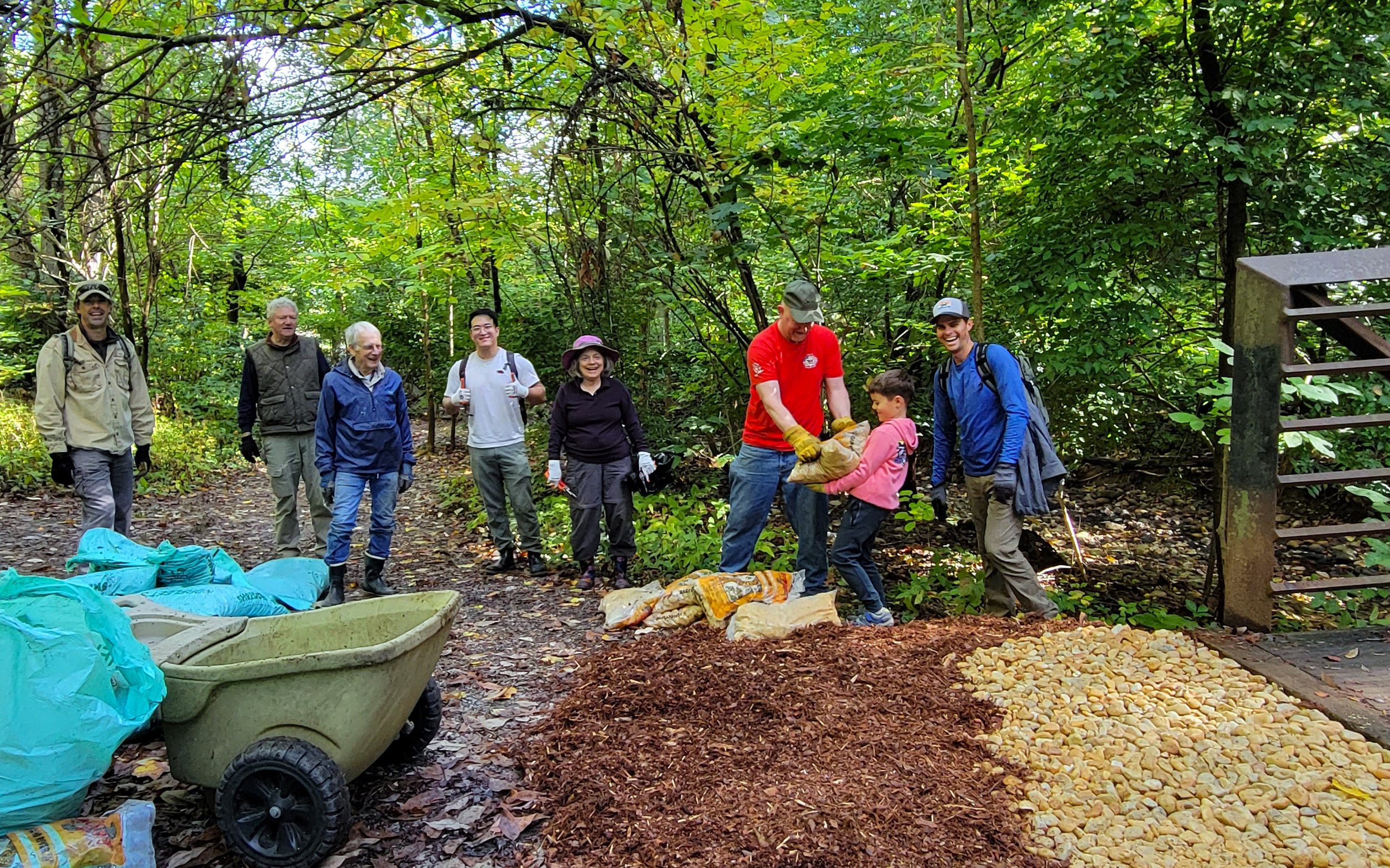
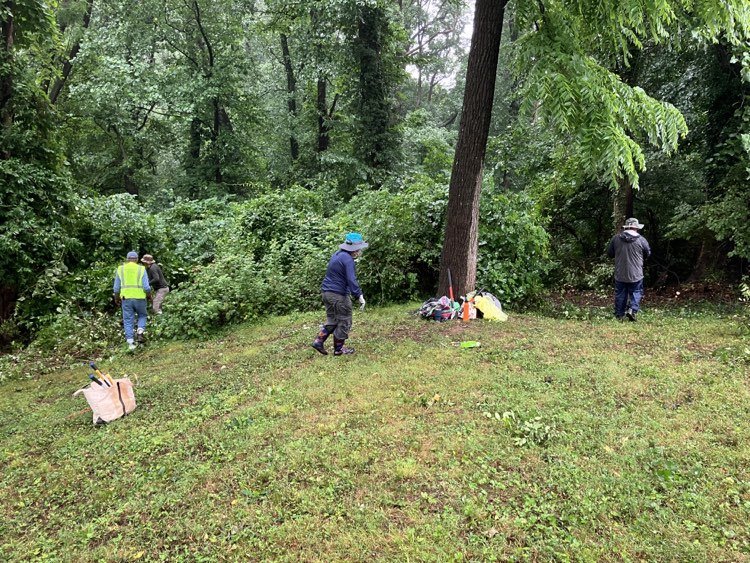
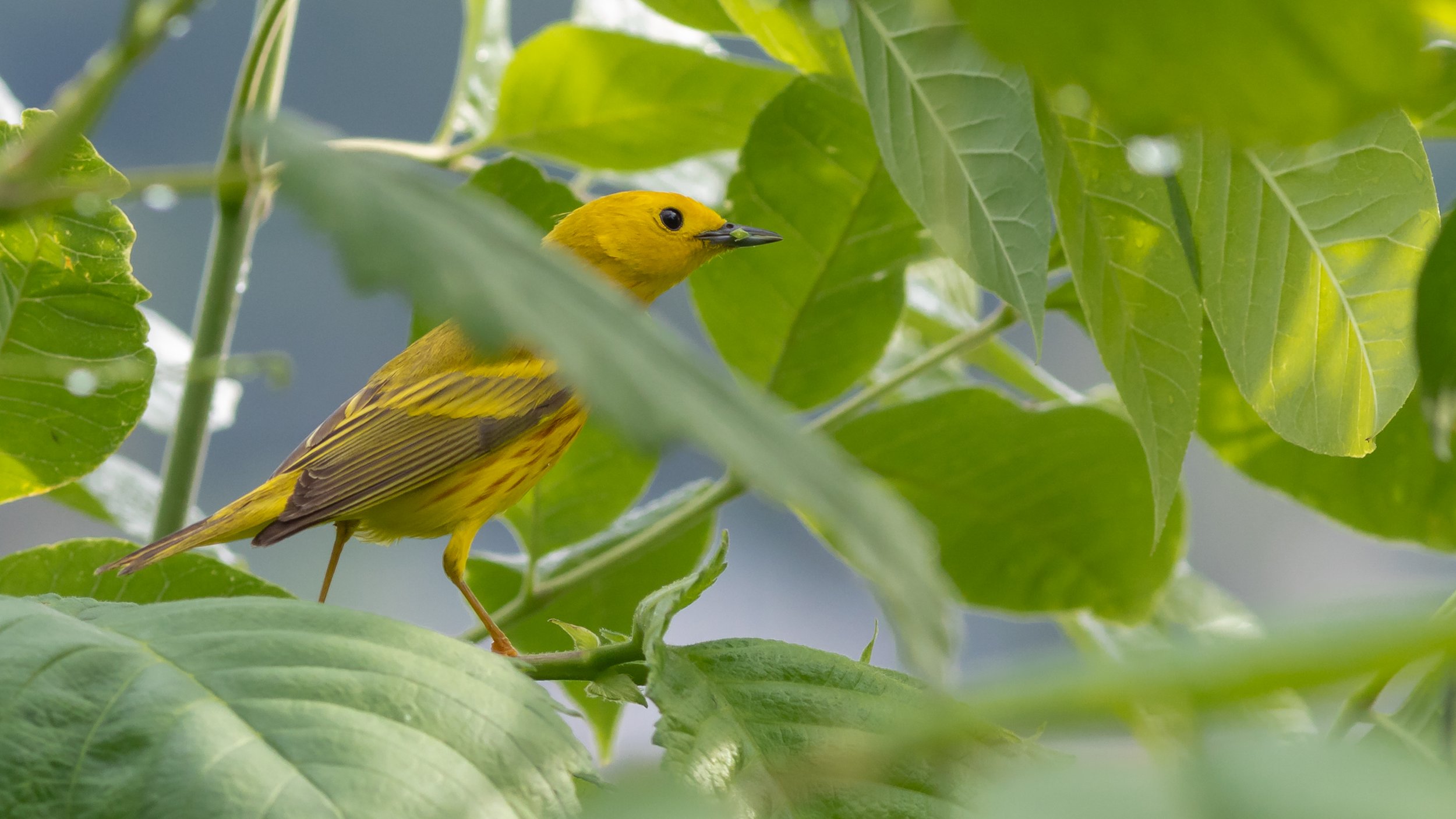
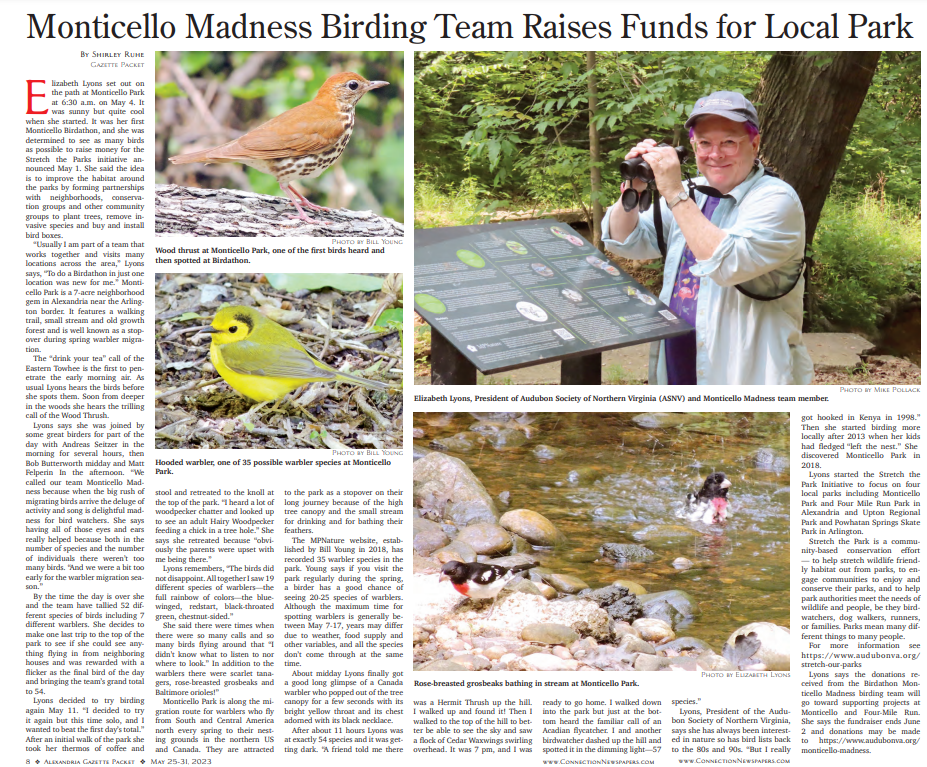
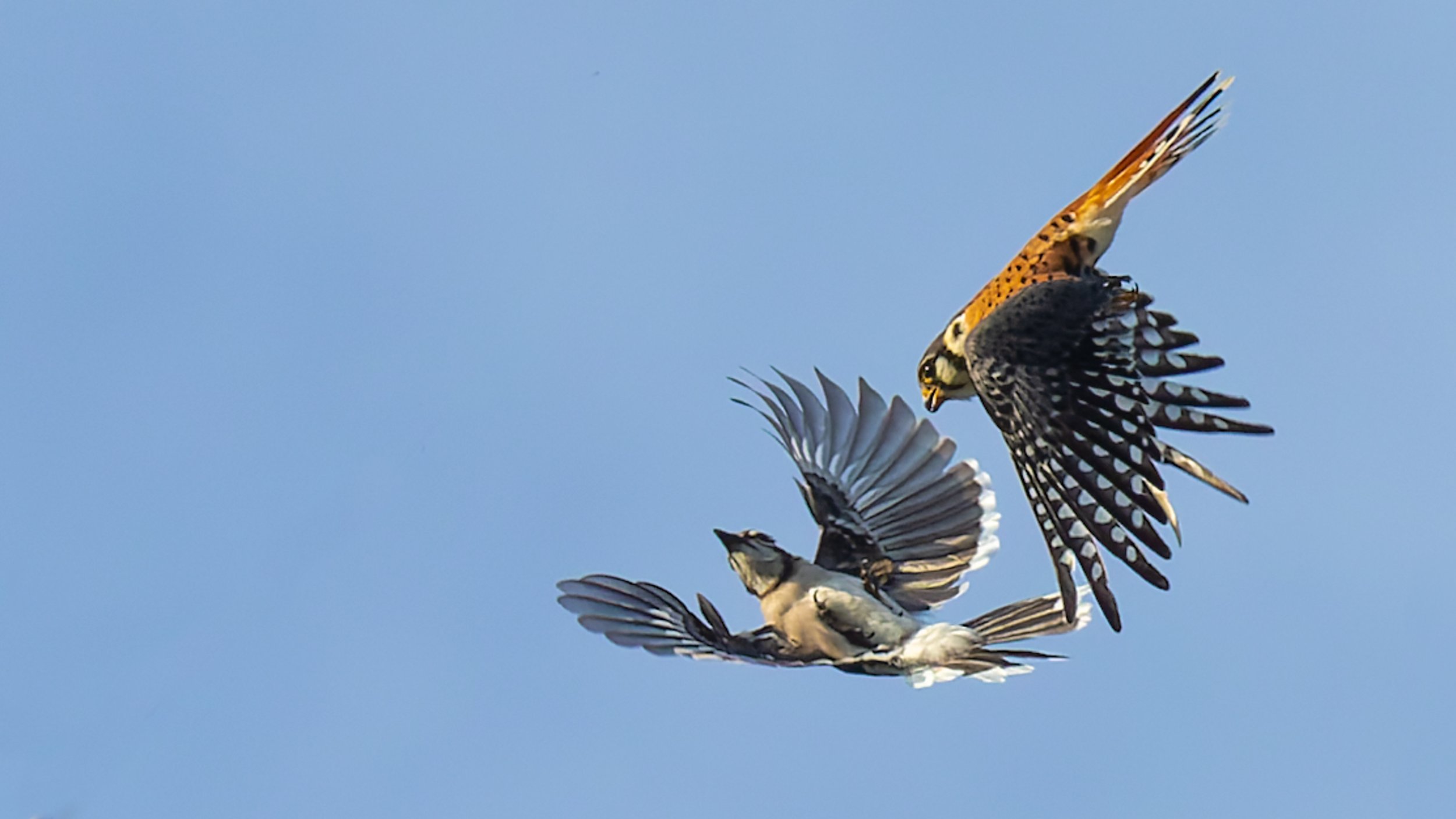
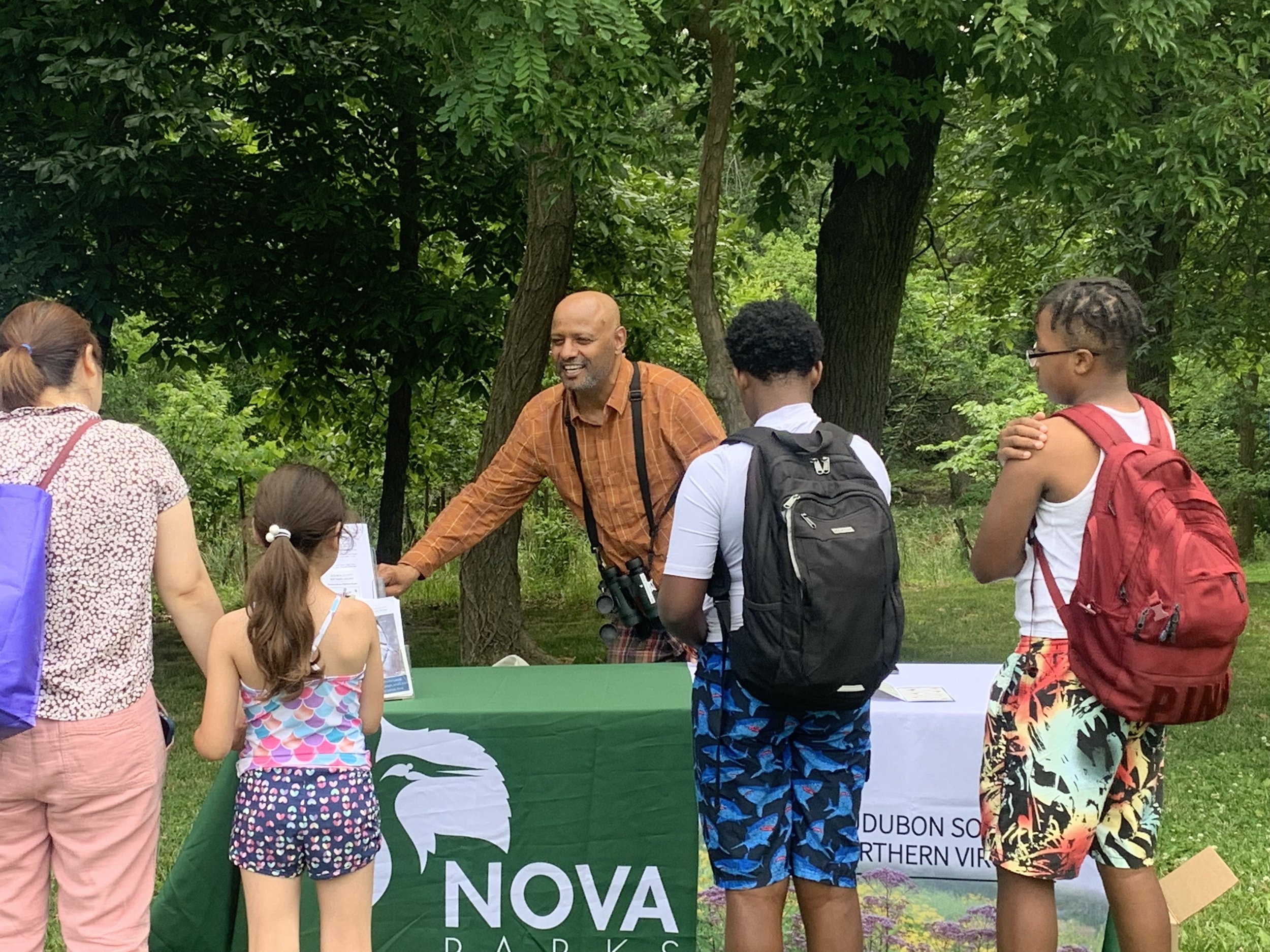
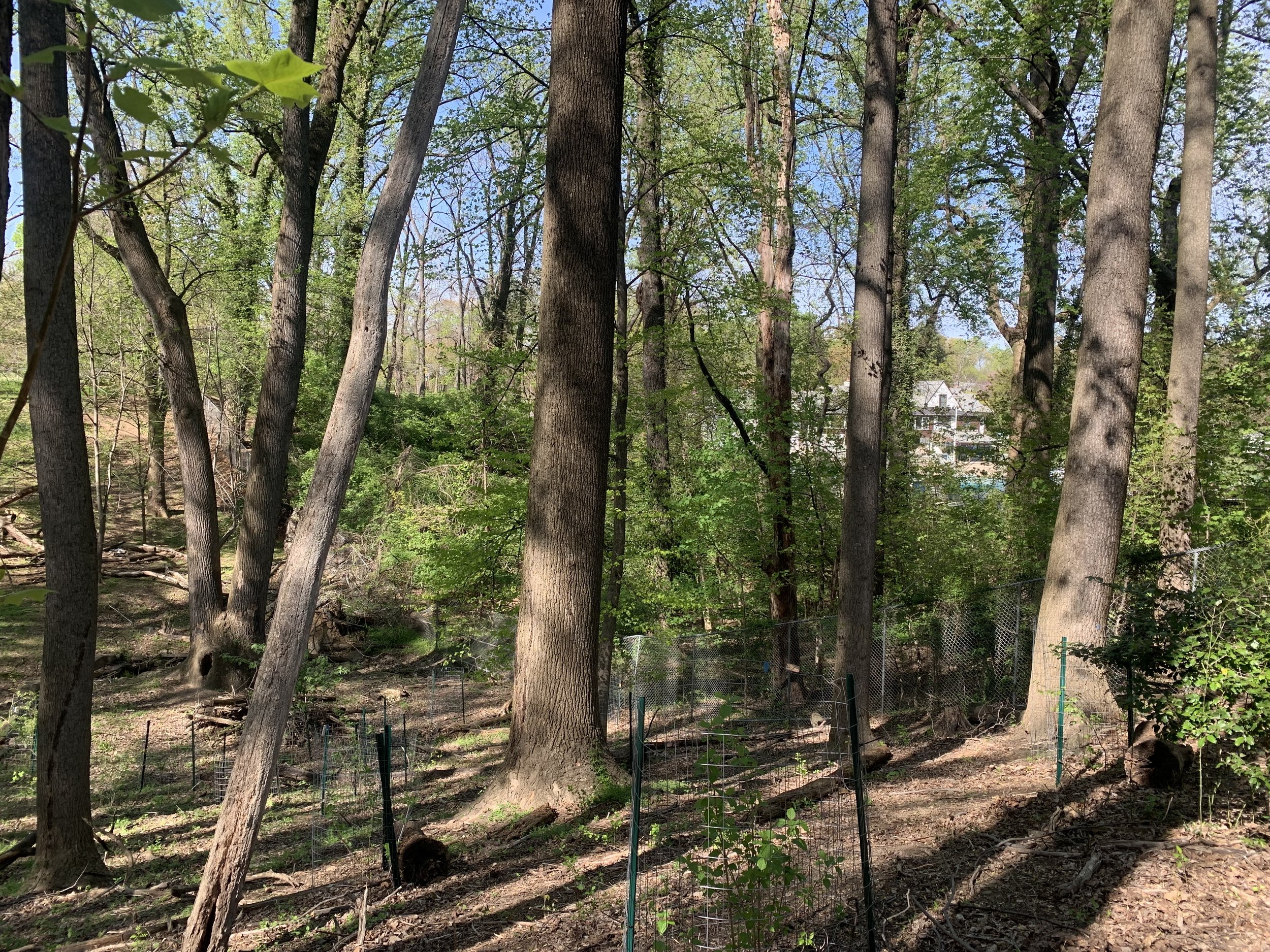
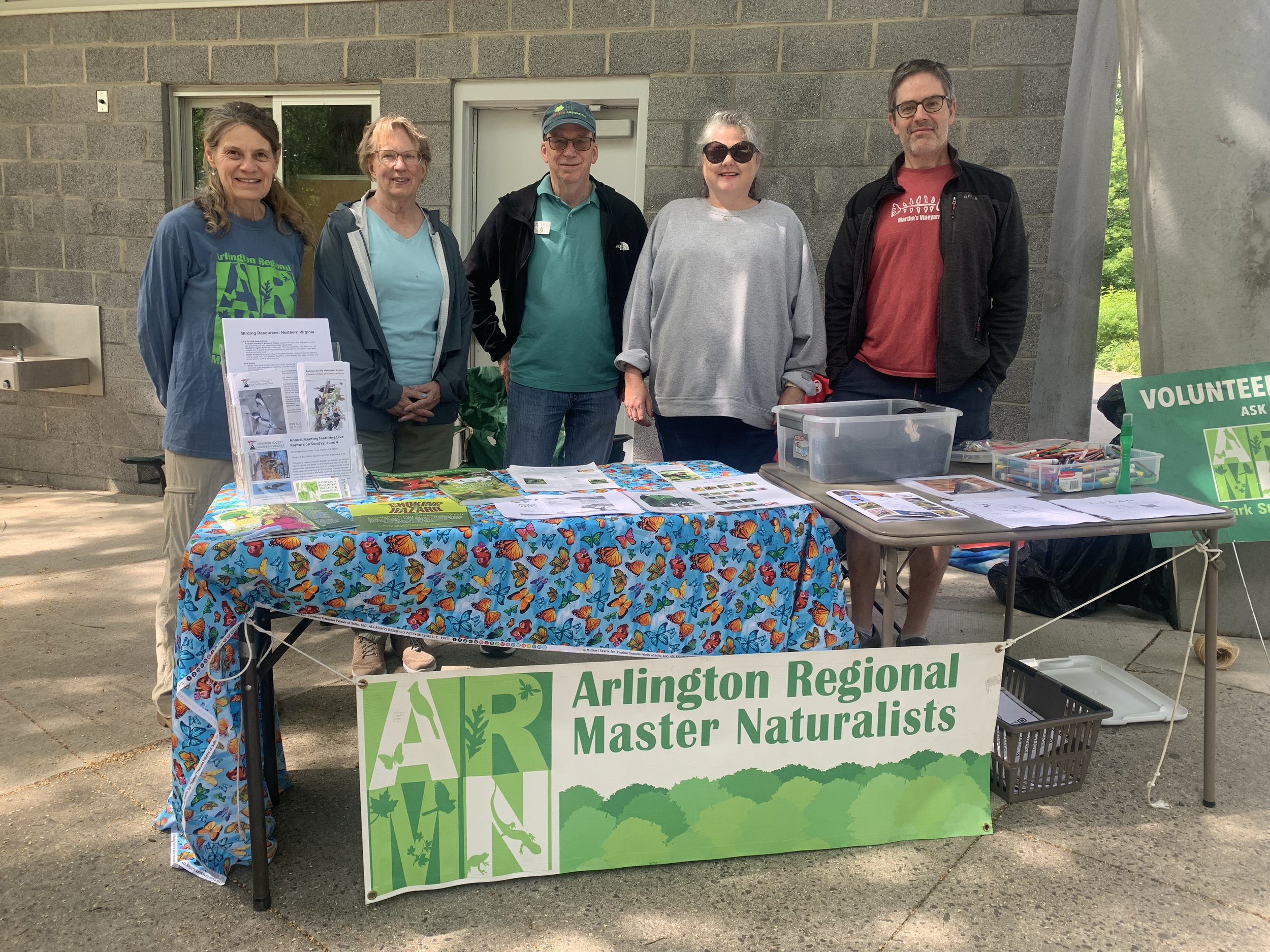
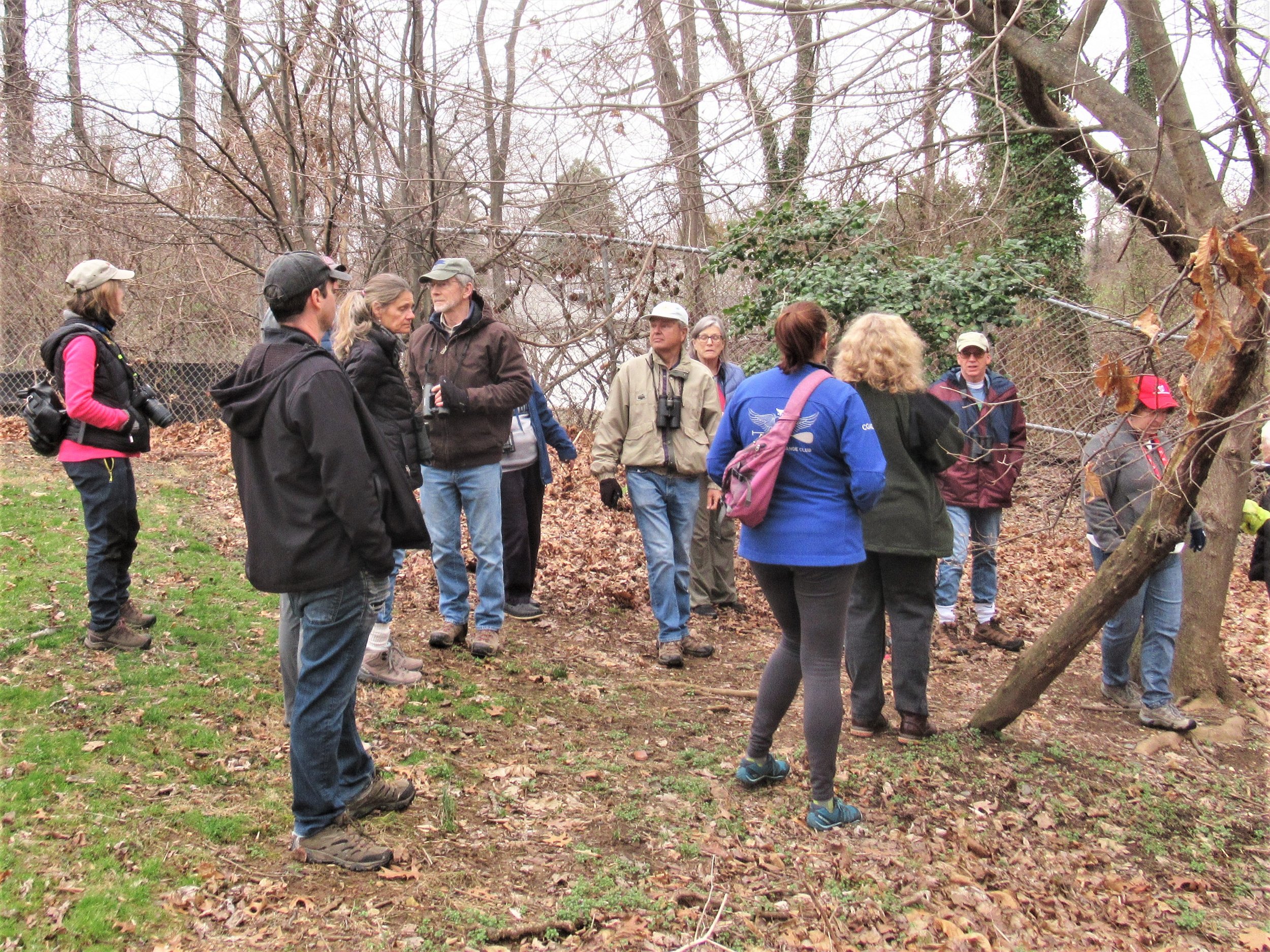
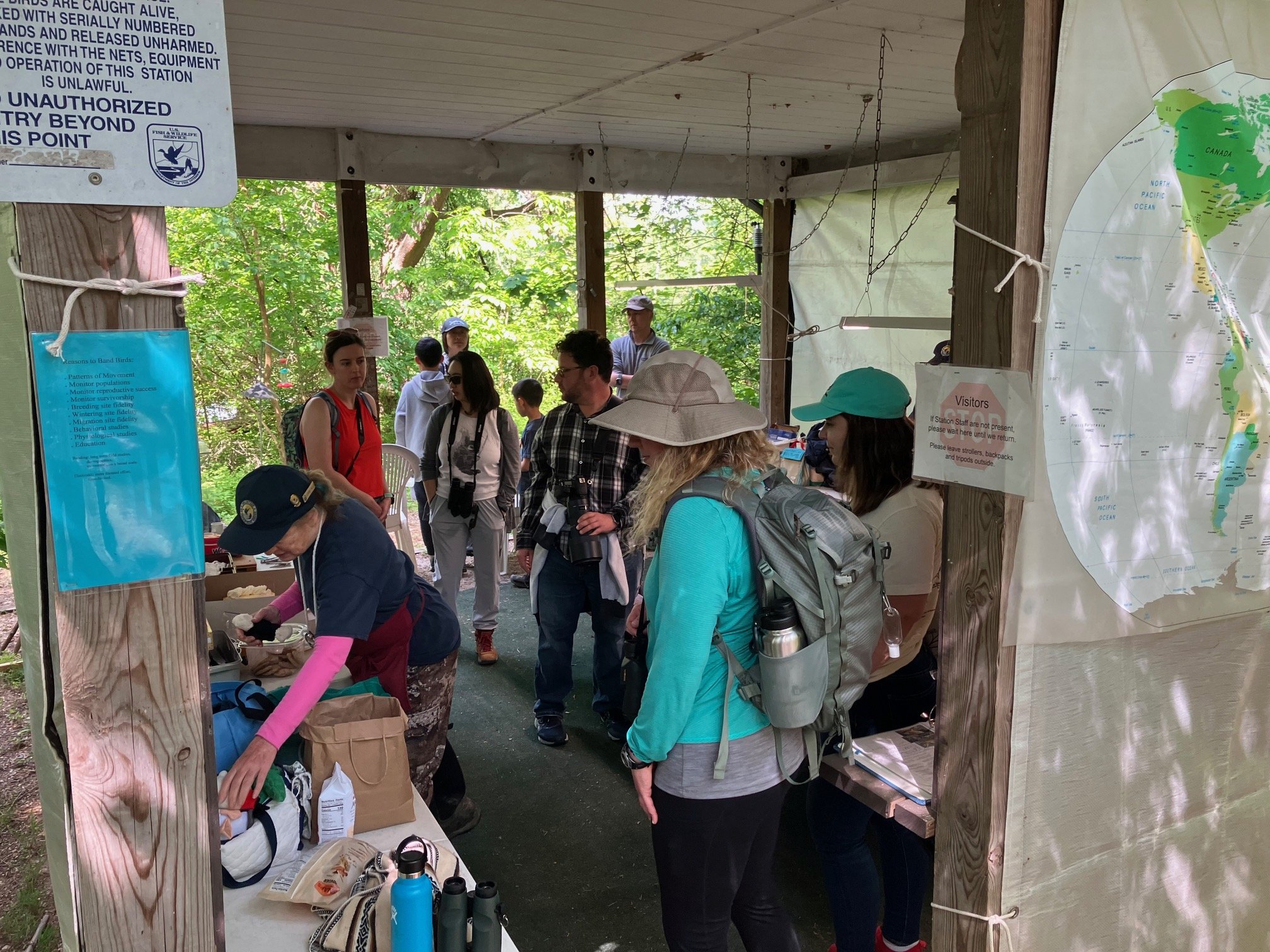
Upcoming Events
Please join us for an upcoming bird walk, nature outing or service opportunity!
Upton Hill - Bluemont Park Corridor
Sundays 2:00 - 4:00PM, Habitat Restoration - Dominion Hills - use Signup Genius to volunteer
Wednesdays, 3:00 PM - 5:00 PM, Habitat Restoration - Powhatan Springs - use Signup Genius to volunteer
Wednesdays, 9:30 AM - 11:30 AM, Habitat Restoration - Lockwood/Elmwood Housing Complex - use Signup Genius to volunteer
Monticello Park
Join Libby and count warblers on May 14 (Rain Day May 15) for our Monticello Birdathon. Donations welcome!
Learn more about Monticello and the birds that visit here: http://www.mpnature.com/
Check back for more opportunities to get involved!
Four Mile Run Park
Join us Saturday, May 3 for a Family and Nature Day Birdathon.
Visit our partner’s website:
Check back for more opportunities to get involved!
Occoquan Bay National Wildlife Refuge
Learn more and plan your visit:
https://www.fws.gov/refuge/occoquan-bay
Monthly park clean-ups on the last Saturday of every month, 8:30 - 9:30 AM. This service opportunity is organized by the Occoquan Bay National Wildlife Refuge staff. More info here.
View more information about these and other NVBA events here.
Get Involved
We are looking for volunteers to help us engage the communities around these parks! If you would like to help us, please sign up to volunteer here and mention which park you are interested in working in.
Further Reading
Service Project Series at Monticello Park
Attracting Pollinators to Upton Hill Corridor
About Spring Migration at Upton Hill Corridor
How you can help your local park
Stretch the impact of your neighborhood park by trying some of the following tips:
Remove invasives in your own yard and plant natives.
Leave dead trees UP on your property for as long as it is safe to do so. Snags are great habitat!
Keep your cat indoors. It is safer for the cats and for wildlife. And keep your dogs leashed in the park.
Reduce stormwater runoff by planting a rain garden and getting permeable driveway pavers.
Reduce your lawn over time, converting it to native plants to help wildlife.
Leave a brush pile in your yard, but, please, never toss yard waste (or anything else) into a park.
Stay on park trails when you visit. Remember, take nothing and leave nothing behind.
Never release pets or animals into a park.
Resist the urge to feed wildlife in your yard (other than birds).
Get involved in your neighborhood park. Join the Friends of the Park group, or consider forming one.
Get your backyard certified as a wildlife sanctuary through our Wildlife Sanctuary Program.
Resources
March 25, 11:00 - 1:30pm - Virtual Symposium on Park Stewardship, free
2024 NVBA Symposium Report - “Habitat Restoration and Expansion in Northern Virginia.”
Plant Invaders of Mid-Atlantic Natural Areas - Digital book with info on how to identify and control invasives.
Invasive Plants and How to Remove Them - Video Series by Master Gardeners of Northern Virginia.
Plant Nova Natives - A fantastic website with many resources about native plants.
Arlington Stormwater Credit Program - save money on your stormwater bill and be a good park neighbor!
Northern Virginia Conservation Trust - learn how to put your property under conservation easement.
Fairfax County Park Authority Friends Group Handbook - learn how to start your own Friends of the Park group.
How to make your HOA more nature-friendly - suggestions from Plant Nova Natives.
How to protect your property forever with a conservation easement - from the Northern Virginia Conservation Trust.
Do you have a resource, article or blog that relates to habitat restoration? Send it and we will post it here! Email it to Tina.



